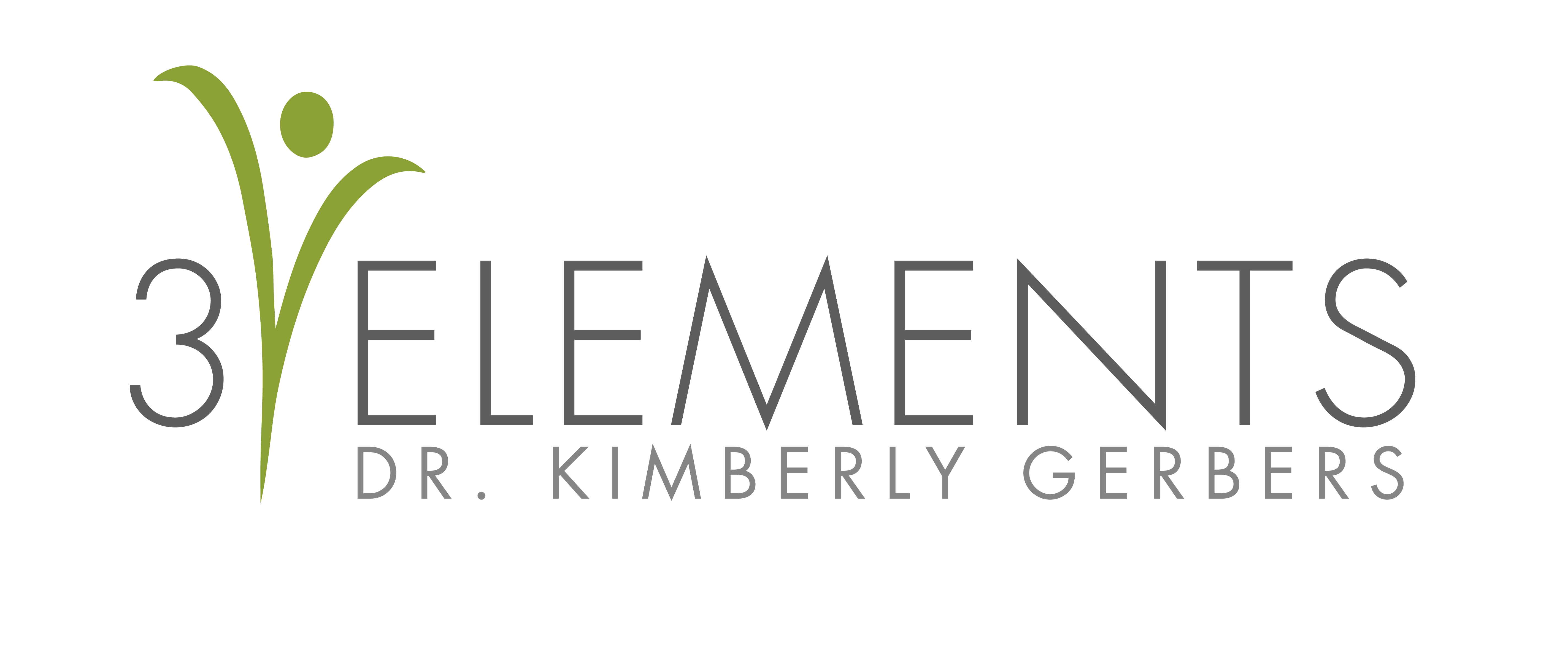
It’s all too easy to confuse being nice and helping others with a need to please people. The line between the two is almost always thin and, at the very best, blurry, which can make it difficult to tell exactly what your intentions are for doing something. But, as you start to see your reasoning behind many of your “nice” actions, the temptation is to react by setting what are often referred to as “personal boundaries”. These “boundaries” are designed to help take care of you personally, guarding your time and your feelings to make sure that you aren’t overextending yourself or doing things that you don’t really want to be doing.
And while boundaries are definitely good, it can be difficult to discern the difference between healthy personal boundaries and limiting personal barriers, which are the flip side to the same coin. In order to help, here’s a general understanding of each:
Personal Boundaries
Healthy and helpful, personal boundaries give others the information they need so that they can understand your limits and expectations. These boundaries also help you protect your health, both physically and emotionally.
Personal Barriers
Barriers, on the other hand, keep others out, blocking opportunities for communication and intimacy. Unlike boundaries, barriers are formed when you’re being too protective of yourself, disabling your ability to be vulnerable and authentic, both of which are cornerstones to healthy relationships.
Oftentimes what start as boundaries transform into barriers, especially when you become too attached to them and inflexible with others. When you recognize that your boundaries make you unwilling and difficult in terms of your relationships with others, then it’s likely they have developed into barriers.
One of the reasons so many people create personal barriers is because they have had boundaries disrespected in the past. Or, in some cases, they’ve seen parents unable to hold their own boundaries and the slew of negative effects that follows. When this happens, boundaries become so important and rigid to an individual that they inadvertently turn into barriers, cutting off communication, for example. rather than fostering it in a healthy, mature way.
Once you recognize that you’ve been creating barriers instead of boundary, you can start to work on deconstructing your walls. And, when you do, you start to notice a tremendous shift in your relationships. When you create boundaries that are clear and helpful, you’ll notice that they can actually be more fluid than you might have previously realized, which means all of the rigidity and tension you’ve experienced with others starts to fade. Healthy boundaries give you what you need to reduce relational stress, but also better care for yourself, which is why it’s so important to have them.
But, because boundaries can transform to barriers quickly, it’s always a good idea to check in with yourself and the people in your life to make sure everyone is getting what they need in order to be their happiest, healthiest selves.




About The Author: Kimberly Gerbers
More posts by Kimberly Gerbers